By Rabbi Yair Hoffman for 5tjt.com
Immediately after Rosh haShana we observe Tzom Gedaliah.
This year, 2021, the fast begins at 5:06 AM NY Time when using dawn degrees (or at 5:18 AM if one uses dawn fixed minutes).
DIFFERENCE BETWEEN MEN AND WOMEN
In regard to rising before dawn, there is a difference between men and women. Men may only eat more than a k’bayah of mezonos if they began more than 30 minutes before dawn. Otherwise, they may only eat less than a k’bayah (2.2 fluid ounces of the food) (MB 89:27). Women have no such restriction, according to Rav Shlomo Zalman Auerbach, zt”l (Note in Ishei Yisrael 13:71).
FAST ENDS
According to Rav Moshe Feinstein zt”l, in New York, one who finds fasting difficult may eat at – 7:48 PM. One who does not find fasting difficult should wait until 7:55 PM.
HYGIENE
Showering is permitted on the three fast days, because Klal Yisrael did not accept it upon themselves to avoid this. The Mishnah Berurah (550:6), however, writes that a ba’al nefesh should be stringent and avoid showering in hot water during a fast day. Thus showering in non-hot water would be completely permitted. It is also completely permitted to wash one’s face, hands, and feet in hot water as well.
Generally speaking, one should not brush their teeth on a fast day. However, if someone is in much tza’ar — discomfort in the matter — then one may be lenient (M.B. 567:11). Care should be taken to face one’s mouth downward so as not to accidentally swallow. The same guidelines should be followed regarding mouthwash.
Please help a critical situation..
https://thechesedfund.com/zechornilah/adifficultsituation
DEATH OF TZADDIKIM
The Gemorah (Rosh haShana 18b) explains that the death of Tzaddikim is likened to the destruction of the Bais HaMikdash itself. Gedaliah was the last hope of the Jewish people to retain some form of autonomy and self-rule. Gedaliah was actually murdered on the second day of Rosh haShana itself. However, it was pushed off until after Rosh haShana in order to observe the day properly. The murder of Gedaliah is particularly vexing because:
- He was a Tzaddik and Navi
- This murder was rachmana litzlan done by a Jew
- Klal Yisroel suffered many additional tzaros because of his death.
Only boys 13 and above and girls 12 and above must fast. Rav Shlom Zalman Auerbach zt”l (Halichos Shlomo) holds that there is no Chinuch for fasting on Rabbinic fast days. If a child does wish to fast he must ask the permission of his parents and it must not affect his learning. Nonetheless, those who are not fasting should not have sweets, candy, ice cream or between meal snacks (See Mishna Brurah 550:5 and Chayei Adam 133:6).
WHICH AVINU MALKEINU
In the Avinu Malkeinu, there are usually two columns indicating two different versions to recite — one for the Ten Days of Repentance and one for Fast Days. On Tzom Gedaliah, the Aseres Yemei Teshuvah side is recited – not the column for fast days.
FORGOT IT’S A FAST
If someone forgot that it was a fast day and ate, they should stop eating as soon as it is remembered that it is a fast day. We do not say that once he or she at, the fast is lost. If a bracha was made on food and then the person remembered that it was a fast day, do not taste the food — rather say, “Boruch Shaim Kvod Malchuso L’olam voEd.”
A diabetic or other sick person who is told not to fast should make up the fast with charity. The amount should be equivalent to the amount of food one eats in a typical day. If someone has difficulty fasting, but is not sick, that person must still fast. If they do not fast they are Poretz Geder — breaking a fence. The Mateh Ephraim writes that the verse “And their sin shall be on their bones (Yechezkel 32:27)” applies to them.
ASERES YEMEI TESHUVAH
Hashem, in His Infinite Kindness has given us a gift in the Aseres Yemei Teshuva. How so? Not everyone, unfortunately, merited to receive a judgment on Rosh HaShana. Some people, have their spiritual report card, so to speak, pushed off. The Talmud Yerushalmi explains that the bainonim — the average people, are judged during these ten days of Bein Keseh L’Asor.
If the average person successfully repents — then they are inscribed with the Tzaddikim in the book of Life. Indeed, even the Rashaim, although they are written down negatively, their is not sealed until Yom Kippur and that fate can be changed. The gift is that everyone receives a second chance.
The phrase “Bein Keseh L’Asor” is used to refer to the days between Rosh haShana, when the moon is covered, to the tenth of the month — Yom Kippur. These ten days give all people the opportunity to make amends and correct their sins. Hashem comes closer to us and makes it easier to make those changes. The Talmud (Yevamos) understands the verse, “Dirshu hashem Behimatzo — seek Hashem where He may be found” (Yishayahu 55:6) as referring to the Ten Days of Repentance.
ENORMOUS POWER
We find that these Ten Days have significance in other places too. Chazal also tell us that Hashem did not immediately punish Nahval, the first husband of Avigayil, for the sins he committed against Dovid HaMelech, and for his tremendous inhospitality. Nahval deserved immediate punishment for this mistreatment. But Hashem did not inflict it then. Rather, Hashem gave Nahval the opportunity to do Teshuvah during the Aseres Yemei Teshuvah. We see here the enormous power that these ten days possess.
In fact, the Midrash called “Yalkut Shimoni” tells us that the Anshei Knesses HaGedolah incorporated the ten verses of malchios, zichronos, and shofros in the Mussaf of Rosh haShana to correspond to the ten days of Teshuvah — this is how important these days are.
MORE AND MORE URGENT
The Shla explains that each day of the Aseres Yemei Teshuvah is progressively more and more urgent. Action should be taken in both areas of Mitzvos Bain Adam L’Makom andBain Adam l’Chaveiro and all three tools should be utilized, Teshuvah, Tzedakah, and Tefillah.
There are seven days that are in between the two days of Rosh haShana and the one day of Yom Kippur. The Seforim HaKedoshim explain that during each of these seven days, Sunday through Shabbos, it is possible to do Teshuvah for every Sunday that we sinned throughout the year 0n that corresponding day of the 7 days. So on Tuesday of the Aseres Yemei Teshuvah, we can atone for every Tuesday in that year.
OUR ROLE
The nation of Israel was given a special role in Hashem’s Master Plan for the world. Up until now, we have only partially fulfilled this Plan —of being a nation of priests, bringing knowledge of Hashem to the world. Indeed, the davening on Rosh HaShana emphasized the hope and dream when all the nations would form one Agudah to do His Will. The Torah commands us to make sure that we not forget this special role, and even provided us with special Mitzvos to make sure that our role not be lost. The Mishna in tractate Avodah Zarah tells us that the Rabbis forbade a number of items that were made or owned by the surrounding gentiles. Their concern was of the possibility of intermarriage, and of losing the special destiny that G-d has planned for us. One of the items mentioned in the Mishna is bread produced by gentiles.
ONLY PAS YISROEL
During the Aseres Yemei Teshuvah it is our custom not to eat what is called “Pas Palter — Baker’s bread.” This refers to bread or flour items that were baked under non-Jewish ownership. Regular Kosher bread, cakes, pretzels, cookies and ice cream sandwiches are not to be eaten during this time. It may only be eaten if the words “Pas Yisroel” appear on the supervision.
There are a few reasons for this stringency. One reason, according to the Tur, is that during these days we try to fulfill all our Mitzvos, both Torah and Rabbinic Mitzvos, in the most pure and ideal manner possible. How is Pas Yisroel more ideal? In the past, the sages forbade us from eating all bread and mezonos items that were baked by non-Jews. However, this prohibition was partially repealed by the Rabbis because the majority of our people were unable to adhere to this stricter ruling. However, during the Aseres Yemei Teshuva (and according to the Mishna Brurah on Shabbos too) we avoid eating Pas Palter.
Another reason for this stringency, according to the Levush, is to serve as a reminder of how unique these days are. A third reason, according to the Chayei Adam, is that we are asking Hashem not to be strict according to the law — just as we are doing something extra that is not strictly required of us, we ask Hashem not to be strict with us.
TEFILOS AND ADDITIONS
We must take enormous care to make sure that we add the appropriate additions to the Tefilah during the Aseres Yemei Teshuvah. One such addition is the fact that in Shmoneh Esreh we say Oseh HaShalom Bimromav instead of oseh Shalom Bimoromav. The Arizal explains that HaShalom in Gematriah is equivalent to the name of the angel in charge of inscribing “Safriel.”
THE DIFFERENCES IN THE TEFILLAH
One of the most important differences between the Shmoneh Esreh of the Aseres Yemei Teshuva (including Rosh haShana and Yom Kippur) is in the blessing of HaKel HaKadosh — the third bracha in the Shmoneh Esreh — we change the world “Kel” to HaMelech HaKadosh. This statement is quoted in the Talmud in the name of the great sage Rav. The reason why we make this change, according to Rashi, is that during this time Hashem demonstrates his Kingship over the entire world by judging them. If one is unsure whether HaMelech HaKadosh was said or not — the assumption is that it was not said — and the Shmoneh Esreh must be repeated.
On weekdays, when we generally say melech ohaiv tzedaka uMishpat — we change this to HaMelech HaMishpat. If HaMelech HaKadosh was not said and he or she did not yet begin the next bracha — one may recite hamelech hakadosh and continue in the Shmoneh Esreh. This is because the newer version was the one that is considered correct. If, however, more than 3 seconds had elapsed the correction did not count and the entire Shmoneh Esreh must be recited again. It is a good idea to insert a tissue or stick on arrow in one’s siddur on account of this. If one erred in regard to HaMelech haMishpat then one does not have to repeat the Shmoneh Esreh.
The Gaonim who lived after the time of the Gemorah initiated certain additions to be made into the Shmoneh Esreh during the Aseres Yemei Teshuvah— beyond the changes mentioned in the Gemorah. They added the recitation of certain phrases. “Zachreinu LeChaim – Remember us for life — O’ King who is Desirous of Life and Write us in the Book of Life” is inserted in the first bracha of the Shmoneh Esreh. Mi Chamocha is inserted in the second bracha. “Uchesov l’chaim tovim kol bnei baisecha,” is said in the bracha of Modim and B’sefer chaim is inserted at the end of the 19th bracha of the Shmoneh Esreh.
In the Kaddishes that are recited during the aseres yemei Teshuva the words l’aiyla ul’aiyla mikol birchasa are said instead of l’aiyla min kol birchasa. The number of words in the Kaddish must equal 28 words, according to the Zohar. Hashem’s name also has 28 words. This is why we combine the two words min kol to mikol when we add the word l’aiylah.
On Friday evenings after the Shmoneh Esreh we generally say the Tefilah of Magain Avos. In this Tefillah as well we replace HaKel HaKadosh with HaMelech HaKadosh.
The Poskim have ruled that on the Yomim Noraim we Daven slightly louder than we do during the rest of the year. One must, nonetheless, be careful that this ruling not be a source of Machlokes – argument. It is better to Daven in a more quiet tone if it will cause someone to be disturbed or distressed — Heaven forbid.
We recite the Avinu Malkeinu on Rosh haShana and throughout the Aseres yemei Teshuvah, a Tefillah that was composed by Rabbi Akiva. It is recited during Shacharis and Mincha — but it is not recited on Shabbos.
STRINGENT REGARDING OTHER MITZVOS
During the Aseres Yemei Teshuvah we also try to be stringent regarding other Mitzvos too, not just Pas Yisroel. Some people try to purchase their lulavim and esrogim during this time in order to get more Mitzvos. The Seforim say that if someone is not careful to eat Glatt Kosher all year round but just regular Kosher, he or she should keep Glatt Kosher. For this reason, it would also be appropriate to be stringent in Cholov Yisroel during this time — if it is possible. It is not worthwhile, however, to cause a Machlokes over a Chumrah.
Please help a critical situation..
https://thechesedfund.com/zechornilah/adifficultsituation
The author can be reached at [email protected]



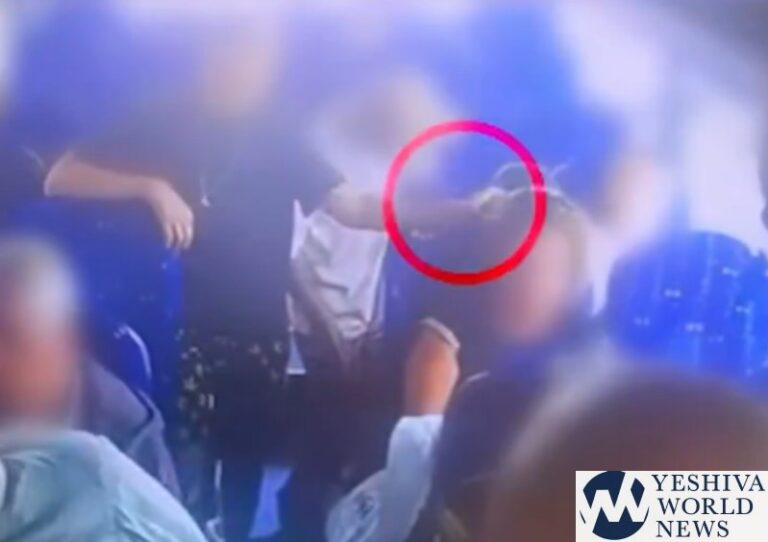
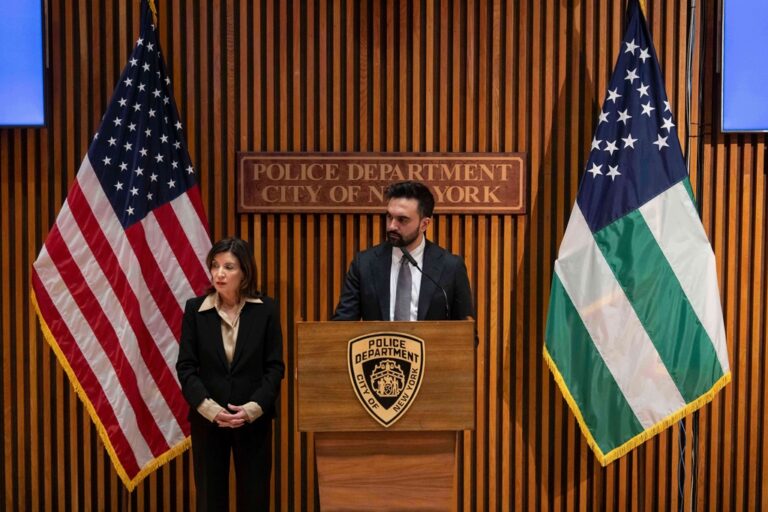
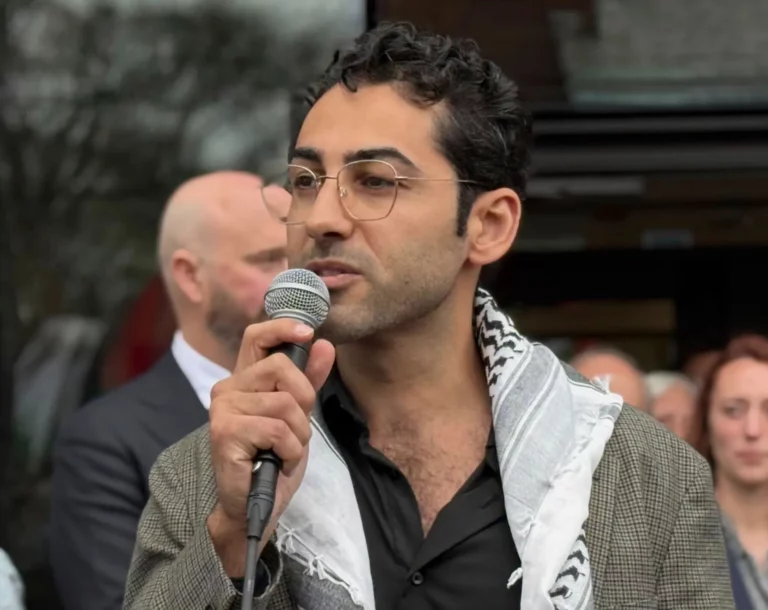

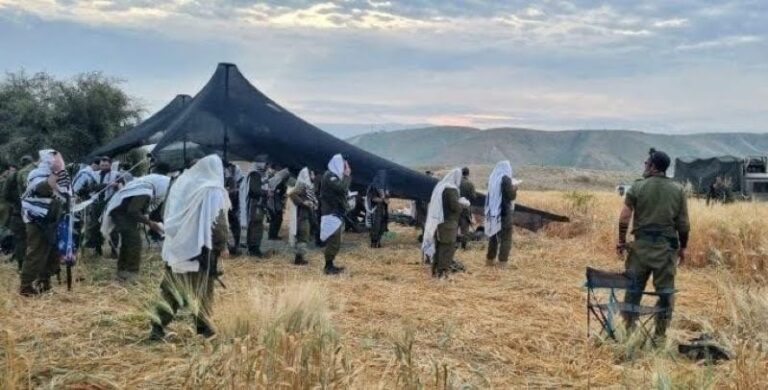

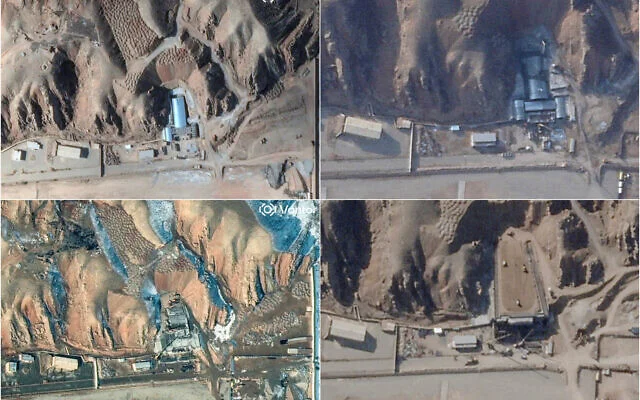

One Response
Thank you so much for this wonderful, informative piece